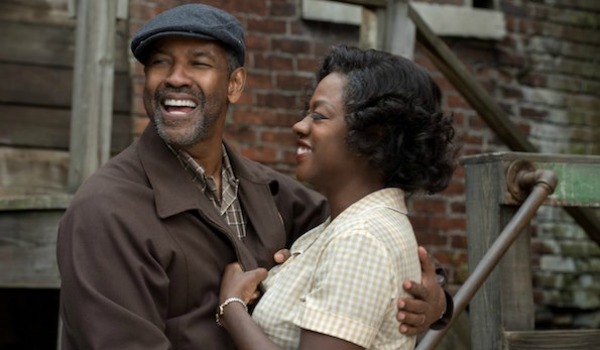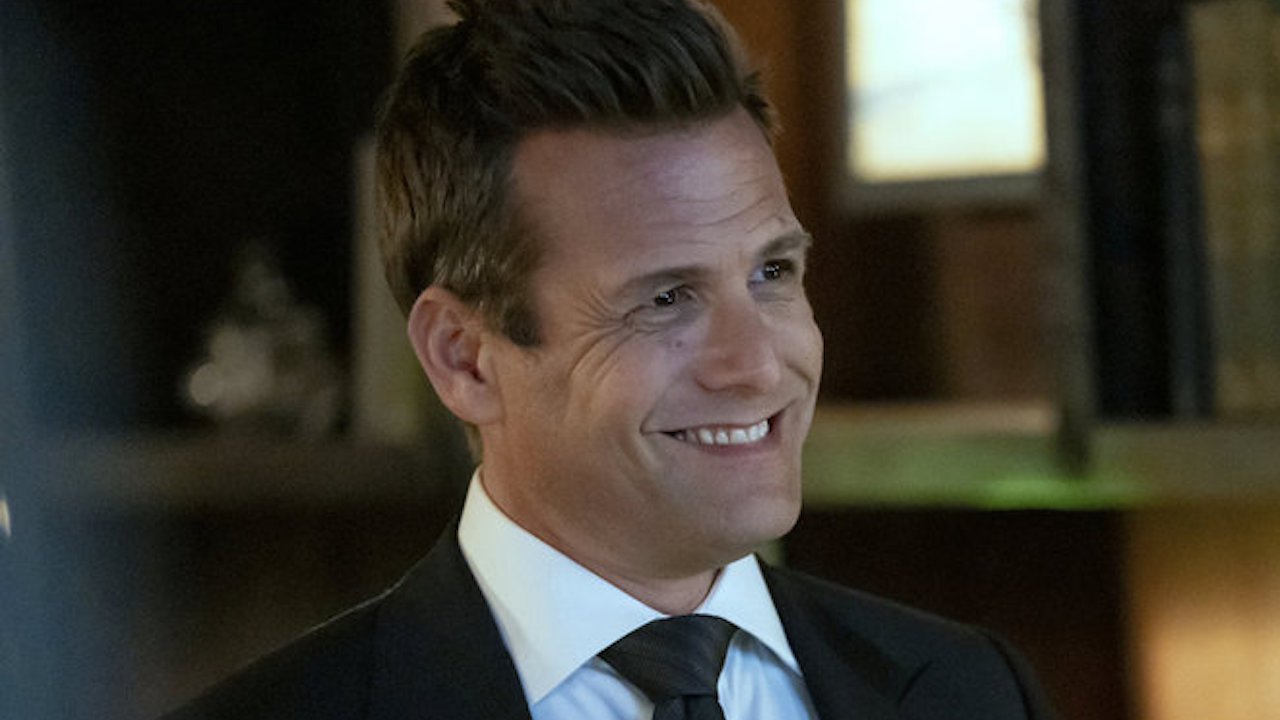Fences is unapologetically theatrical, in everything from its truly towering performances to its scant settings, elongated structure, and heavy use of metaphors and drama.
Considering that it's an adaptation of August Wilson's Pulitzer Prize-winning play of the same name, with its screenplay having been written posthumously by Wilson before he died in 2005, and is directed by and stars Denzel Washington, who won a Tony in 2010 for his portrayal as Troy Maxson, it's understandable why Fences is so loyal to its source material.
It's also exactly what sets Fences apart as such an idiosyncratic drama compared to its cinematic peers. But, at the same time, there are also moments where the drama feels heavy-handed and overzealous, especially with Denzel Washington's hammy direction. More of that later, though. Because while Denzel Washington's direction might leave a little to be desired, his acting has never been more relentless and fierce. But even that pales in comparison to his co-star Viola Davis, who is able to wrestle Fences away from Denzel to deliver a truly tour-de-force portrayal as the proud stoic housewife, Rose Maxson.
Set in 1950s Pittsburgh, Troy Maxson (Denzel Washington) is a loud and overly proud waste collector who works alongside his best friend Jim Bono (Stephen McKinley Henderson) and lives at home with his wife Rose (Viola Davis) and their son Cory (Jovan Adepo). Over the course of the first act, we're also introduced to his estranged son from a previous relationship Lyons Maxson (Russell Hornsby) and his older brother Gabe Maxson (Mykelti Williamson), who received a severe head injury in World War II that has left him mentally impaired. But it's between Troy and Cory that the main conflict resides, as Cory's burgeoning college football career is hampered by Troy, who believes that he failed to achieve a career in Major League Baseball because of the color of his skin.
Fences' trailer does a stunning job of highlighting its many, many, truly glorious positives. There's a rat-a-tat-tat to the dialogue that means it zings by, and even leaves you struggling to keep up at times, while Washington and Davis fill up the screen with a power and ferocity that you just can't take your eyes off of. In an age where trailers often ruin or dampen the impact of a film's best scenes, it says a lot about Fences that the two most eye-catching scenes that bookmark its trailer (Washington's "like you" and Davis' "standing with you" speeches) are even more impactful when placed within context of the film.
Viola Davis and Denzel Washington are able to blend the ruthlessness of boxing with the elegance of ballet when they're going toe-to-toe together on screen, as they throw everything that they've got at each other knowing that they other can withstand it, before then ducking, diving, and allowing room for their co-star to shine. They're vivid, unsentimental, and able to ramp the performances all the way up to 11 without it coming across as over-acting or contrived.
It also helps that August Wilson's script is littered with an explosion of conflict and drama that explores and confronts the human condition in a no-nonsense, almost seismic manner. First and foremost, you get a real sense of the human damage caused by institutionalized racism in the United States, something that feels deeply prescient. But at the same time Wilson's script dives deep into themes of discontent, pride, family, responsibility, stubbornness, money, and satisfaction, all with the quaint Americana of a Bruce Springsteen song. One scene right at the end of Fences even made me realize that, as much as anything, it's about sports retirement and being unable to relive the glory days.
Unfortunately, Denzel Washington is unable to add to or take Fences up another echelon with his direction. While he spends most of the time keeping the camera still and allowing the performances to do the work for him, any directorial flourishes he shows feel forced and take away from the moment. There's a run-of-the-mill musical montage, and one particular shot of a rose dropping down to the ground made me duck for cover for fear of being knocked unconscious by the metaphor.
That's the only disappointment with Fences. Because even though it's out of its natural theatrical habitat, Fences is a rousing celebration of drama and acting at its finest. Denzel Washington stuns, Viola Davis proves she's one of the greatest of her generation, while Fences is such a captivating and bruising cinematic gut-punch that it will make you a glutton for punishment.












